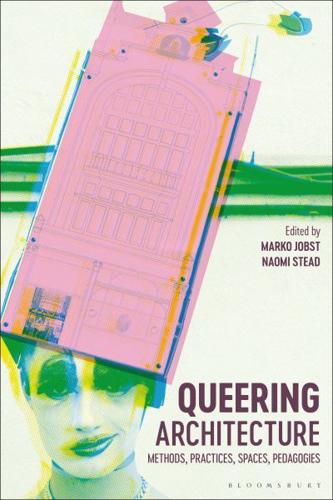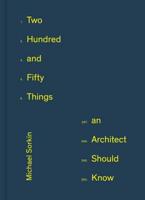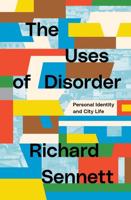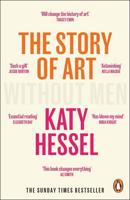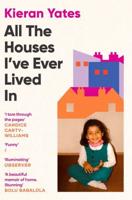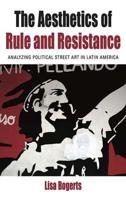Publisher's Synopsis
Queering Architecture explores what it means to "queer" architecture, challenging the methods and methodologies of architectural discourse and subverting disciplinary power structures.
Architecture as a discipline, a profession and an applied practice, is always subordinate to its own conceptual framework of orderliness. How, then, can we look at queering architectural discourse when the very term 'queer' - celebrated for its elusive, slippery nature - resists and attacks such order?
The essays in this book explore this paradox from a diverse range of perspectives - from the questions of mapping queer theory in architecture; to the issues of queer architectural archives, or lack thereof; to the non-Western linguistic challenges to the very term queer alongside decolonial approaches to architecture via indigeneity and landscape.
Queering Architecture not only provides a bold challenge to the normative methods employed in architectural discourse but addresses the paradoxical nature of establishing 'queer' methodologies in itself. Offering guerrilla tactics and interventions for the discipline alongside a developing theoretical framework, it is essential reading for architects, designers, queer and LGBTQ+ theorists alike.
